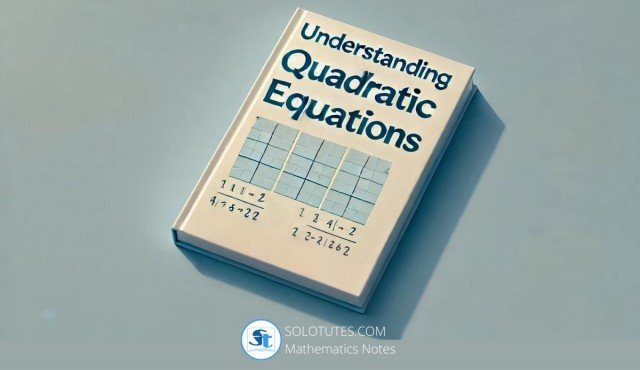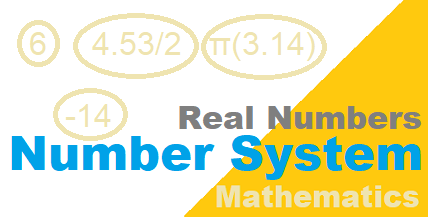TESTS OF DIVISIBILITY
1. Divisibility by 2:A number is divisible by 2 if it's unit digit is any of 0, 2, 4, 6, 8.
Ex. 58964 is divisible by 2,
while 86945 is not divisible by 2.
2. Divisibility by 3:
A number is divisible by 3 only when the sum of its digit is divisible by 3.
Ex. In the number 695421, the sum of the digits is 27, which is divisible by 3.
Hence, 695421 is divisible by 3.
3. Divisibility by 9:
A number is divisible by 9 only when the sum of its digit is divisible by 9.
Ex. In the number 246591, the sum of the digits is 27, which is divisible by 9.
Hence, 246591 is divisible by 9.
4. Divisibility by 4:
A number is divisible by 4, if the number formed by its last two digits is divisible by 4.
Ex. (i) 6879376 is divisible by 4, since 76 is divisible by 4.
(ii) 496138 is not divisible by 4, since 38 is not divisible by 4.
5. Divisibility by 8:
A number is divisible by 8, if the number formed by its last three digits is divisible by 8.
Ex. (i) 16789352 is divisible by 8, since 352 is divisible by 8.
6. Divisibility by 10:
A number is divisible by 10 only when its unit digit is 0.
Ex. 7849320 is divisible by 10, since its unit digit is 0.
7. Divisibility by 5:
A number is divisible by 5 only when its unit digit is 0 or 5.
Ex. Each of the numbers 76895 and 68790 is divisible by 5.
8. Divisibility by 11:
A number is divisible by 11 if the difference between the sum of its digits at odd places and the sum of its digits at even places is either 0 or a number divisible by 11.
Ex. Consider the number 29435417 .
(Sum of its digits at odd places)- (Sum of its digits at even places) = (7+4+3+9) – (1+5+4+2) =(23-12)=11, which is divisible by 11.
So, 29435417 is divisible by 11.
9. Divisibility by 25:
A number is divisible by 25, if the number formed by its last two digits is either 00 or divisible by 25.
Ex. In the number 63875, the number formed by the last two didits, namely 75 is divisible by 25.
Hence, 63875 is divisible by 25.
10. Divisibility by 7 or 13:
Divide the number into groups of three digits(starting from right) and find the difference between the sum of the numbers in odd and even places. If the difference is 0 or divisible by 7 or 13(as the case may be), it is divisible by 7 or 13.
Ex. 4537792 -> 4 / 537 / 792 (792+4) - 537 = 259, which is divisible by 7 but not by 13.
Hence, 4537792 is divisible by 7 and not by 13.
11. Divisibility by 6:
A number is divisible by 6, if it is divisible by both 2 and 3.
12. Divisibility by 12:
A number is divisible by 12, if it is divisible by both 3 and 4.
13. Divisibility by 15:
A number is divisible by 15, if it is divisible by both 3 and 5.
14. Divisibility by 18:
A number is divisible by 18, if it is divisible by both 2 and 9.
15. Divisibility by 14:
A number is divisible by 14, if it is divisible by both 2 and 7.
16. Divisibility by 24:
A number is divisible by 24, if it is divisible by both 3 and 8.
17. Divisibility by 40:
A number is divisible by 40, if it is divisible by both 5 and 8.
18. Divisibility by 80:
A number is divisible by 80, if it is divisible by both 5 and 16.
FACTORIAL OF A NUMBER
Let n be a positive integer. Factorial of n is denoted by n! .
n!= n(n-1)(n-2)….3.2.1
Ex. 5! = 5×4×3×2×1.
.png)



















.jpg)







 Real Numbers
Real Numbers  बर्बर का विलोम शब्द है
बर्बर का विलोम शब्द है